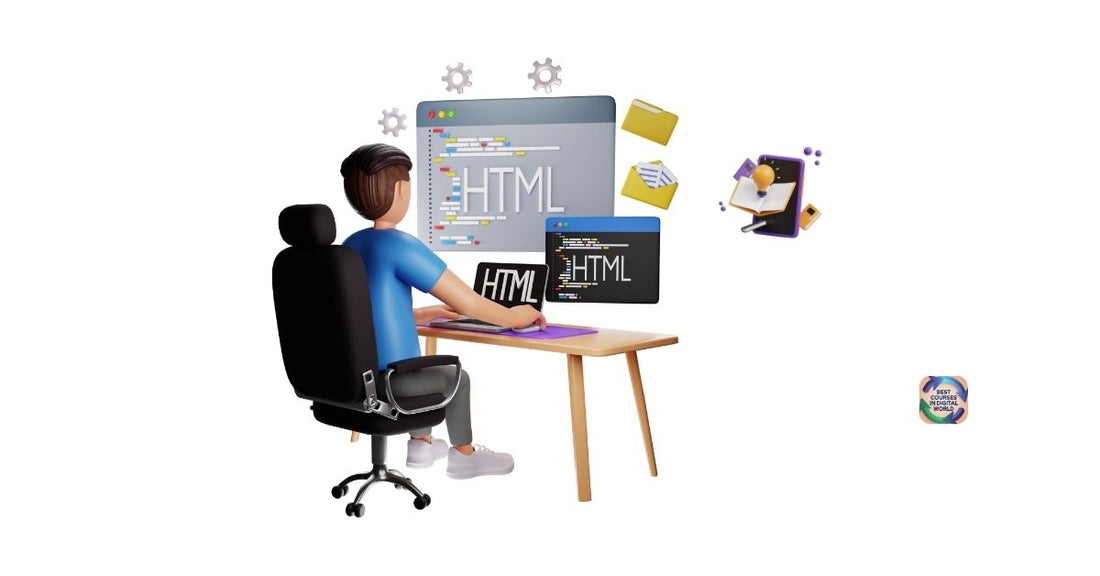
Benefits of technical eBooks
Meenakshi ThopseShare
Technical eBooks have become an indispensable resource for professionals, students, and enthusiasts in the rapidly evolving fields of science, technology, engineering, and mathematics (STEM). These digital books offer in-depth knowledge, cutting-edge insights, and practical solutions that are essential for mastering complex concepts and staying ahead in your field.
With the convenience of eBooks, you can access a vast array of technical literature from renowned authors and experts, anytime and anywhere. Whether you're looking to deepen your understanding of a specific technology, learn new programming languages, or explore advanced theories in engineering, digital eBooks provide the flexibility, up-to-date content, and interactive features that traditional books can't match.
Technical books are essential resources for those involved in data science, Python programming, and other technical fields.
Here’s why they are important:
1. In-Depth Knowledge
- Comprehensive Coverage: Technical books often provide extensive coverage of topics, offering detailed explanations, case studies, and examples that go beyond what online tutorials or short articles can offer.
- Foundational Understanding: They help build a strong foundation in complex topics, ensuring you understand the principles behind techniques and algorithms, not just how to implement them.
2. Credibility and Reliability
- Expert Authorship: Many technical books are written by experienced professionals and academics who are recognized experts in their fields. This makes the information more reliable compared to some online resources.
- Peer Review: Books often undergo rigorous editing and peer review processes, ensuring the content is accurate and well-structured.
3. Structured Learning
- Logical Progression: Books are typically organized in a way that allows for a gradual learning curve, starting with basic concepts and advancing to more complex topics. This structure is particularly beneficial for beginners.
- Comprehensive Learning Paths: They often provide a full learning path, covering a wide range of related topics that are essential for mastering a subject, making them ideal for systematic study.
4. Reference Material
- Long-Term Resource: Technical books serve as valuable reference materials that you can return to repeatedly. They are particularly useful for deep dives into specific topics or when troubleshooting complex issues.
- Code Examples: Many books include code snippets, examples, and exercises, which can be directly applied to real-world problems, serving as a handy reference when coding.
5. Focus and Concentration
- Distraction-Free Learning: Reading a book allows you to focus deeply on the material without the distractions that often come with digital learning resources like ads, notifications, or hyperlinks.
- Enhanced Retention: The act of reading and engaging with a physical or digital book can improve retention of complex material, as it encourages active learning through notetaking and highlighting.
6. Complement to Online Learning
- Supplemental Resource: Books can complement online courses, tutorials, and practice by providing a deeper theoretical understanding of concepts introduced in more practical, hands-on formats.
- Cross-Referencing: They enable you to cross-reference material, deepening your understanding of concepts learned online or through other means.
7. Keeping Up with Industry Standards
- Up-to-Date Information: Many technical books are updated regularly to reflect the latest trends, tools, and best practices in the industry. This is particularly important in rapidly evolving fields like data science and Python programming.
- Emerging Topics: Books often cover emerging topics and new technologies in greater depth, helping you stay ahead of the curve in your field.
8. Professional Development
- Skill Enhancement: Reading technical books is a great way to continuously improve your skills, which is crucial in fast-moving fields like data science and programming where new tools and techniques are constantly being developed.
- Certification Preparation: Many technical books are designed to help readers prepare for certifications, offering targeted content, practice questions, and test strategies.
9. Contribution to the Community
- Knowledge Sharing: Many authors of technical books are contributors to the academic and professional communities, sharing their knowledge to advance the field. By reading these books, you’re participating in this exchange of ideas.
- Credibility: Being well-read in your field can enhance your credibility and authority when contributing to discussions, writing articles, or presenting at conferences.
In summary, technical books are invaluable resources for anyone looking to build, maintain, or advance their expertise in data science, Python, or any other technical discipline. They provide a depth of knowledge, a structured learning path, and a reliable reference that is hard to match with other resources.
Dive into the world of technical eBooks and empower your learning journey with the latest information at your fingertips!
Struggling to perfect your writing?
Discover how QuillBot can be your ultimate writing companion, helping you paraphrase, summarize, and enhance your content effortlessly.
Enhance your digital security with McAfee's comprehensive protection, safeguarding your devices and personal information from evolving cyber threats.
